
How Adam Smith Can Change Your Life
An Unexpected Guide to Human Nature and Happiness
Recommendation
The Wealth of Nations, published in 1776, became the literary foundation of economics. The author of this influential book, Scottish moral philosopher Adam Smith, wrote a lesser-known work in 1759. The Theory of Moral Sentiments is about how we judge the character and conduct of others and of ourselves. It’s about living a good life and about the danger of confusing happiness with wealth. Economist Russ Roberts explains Smith’s belief that people have an individual, imaginary “impartial spectator” who accurately gauges the morality of their behavior and reminds them to be humble, because they “are little and the world is great.” He explains Smith’s contention that people need virtue to satisfy their natural desire to be admired and to deserve admiration. He discusses Smith’s view of virtue and its three components: “prudence, justice and beneficence.” Roberts finds it ironic that Smith – a dominant figure in the history of capitalism – so ardently supports the idea that money cannot buy happiness. The juxtaposition of Smith’s densely written passages and Roberts’s glib analysis can make for rocky and uneven reading. Yet getAbstract recommends the rewards available to the patient reader, who will learn that Smith’s 18th-century insights into human nature offer ample modern applications.
Summary
About the Author
Russ Roberts is the John and Jean De Nault Research Fellow at Stanford University’s Hoover Institution. He also wrote The Price of Everything: A Parable of Possibility and Prosperity. He hosts the weekly podcast EconTalk.


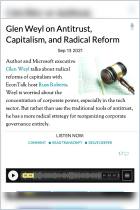
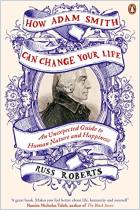
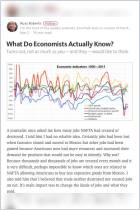
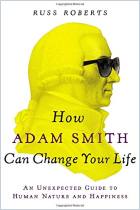
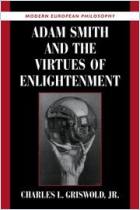

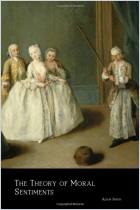
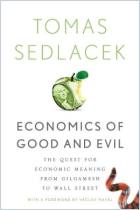
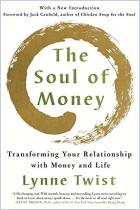


Comment on this summary
- Deceiving yourself is easier than deceiving others
- What looks like a good deed may not always turn out that way
- People tend to have unequal reaction to joy and sadness
I wonder whether the book and/or Adam Smith offers the missing information. In short, interesting subject, but unclear whether the required justifications are offered.
"Every good deed we do has an immediate impact, but the ripple effects of the impartial spectator and the norms that are created by both our actions and our approval and disapproval of others create an additional impact on the world around us."